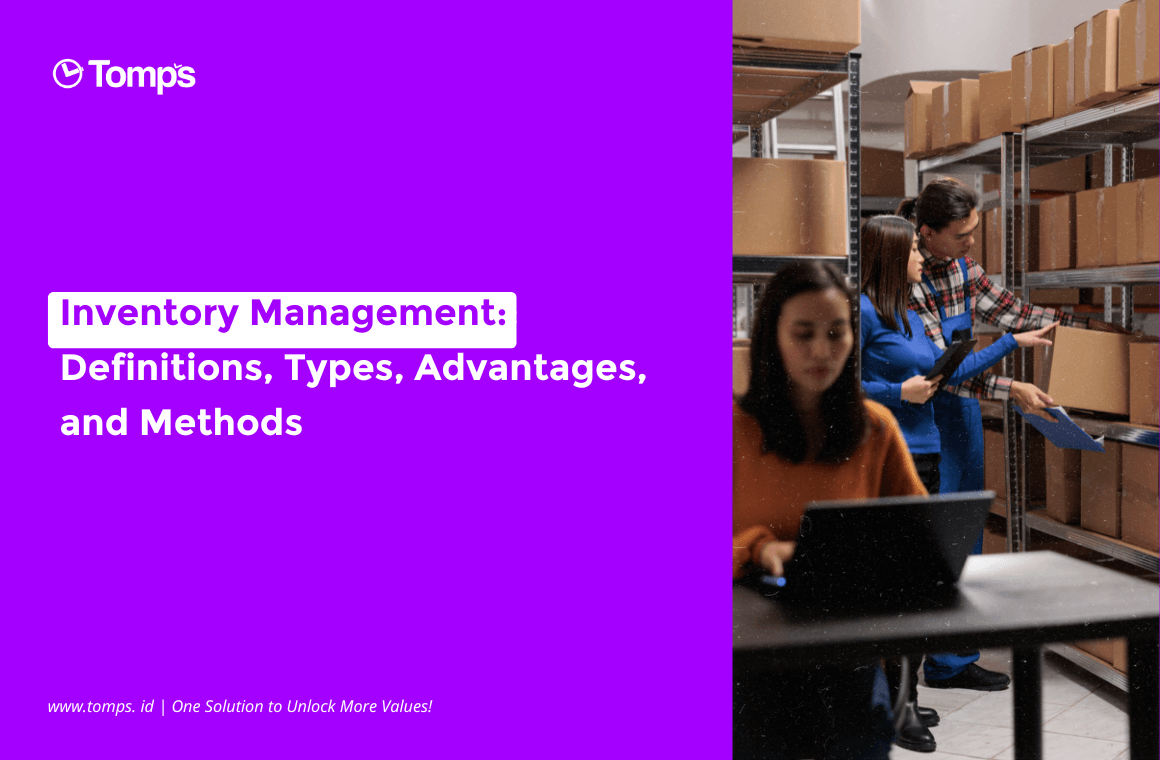In today's data-driven world, information has become one of the most valuable assets for businesses. The ability to make decisions based on accurate and relevant data can bring about big changes. To harness this power, it is important to understand how data management systems help organisations manage, store, and analyse their data efficiently. This article will examine the main features of a data management system and how they can help your business.
What is a Data Management System?
According to the Oracle website, a data management system is an activity that collects, compiles, and accesses data for the purposes of productivity, efficiency, and decision-making. The importance of data in business, a strong data management strategy, and the use of modern data management systems are critical for all businesses, regardless of the size of the company. The purpose of data management is to help people, companies, and related matters optimise the use of data within the limits of policies and regulations so that decisions can be taken and maximise benefits for the company.
The Important Role of Data Management
Visibility
One of the primary benefits of data management is its ability to provide a thorough understanding of your data storage. Visibility over your company’s digital data assets improves with effective data management. Employees can be assured that data will always be available when needed.
Improve Decision Making
The importance of data management comes from its ability to improve decision-making in a variety of ways. For starters, data management can provide accurate and up-to-date information about the current status of a system or data management process. This data is useful for identifying patterns that may not be obvious at first. Second, data management can aid in the identification and tracking of key performance indicators. These indicators can be used to track progress and identify areas for improvement. Finally, data management can aid in the creation of historical records pertaining to previous decisions. These notes can be used to inform future decisions.
Anticipate Data Loss
This is considered as one of the main advantages of data management that businesses can benefit from. A successful approach is to ensure that all data sources are always available when needed and to perform regular backups so that they can be restored in an emergency. Data management tools help reduce the risk of data loss by allowing users to accurately store data and its status. This prevents critical information from being lost.
Improve Compliance with Regulatory Requirements
Increased business efficiency is one of the primary advantages of good data management. Good data management can boost company efficiency by reducing the amount of time spent searching for data and improving data quality. Data management is critical in the transformation of organisations into data-driven entities.
Increase Company Efficiency
Effective data management may improve a company's productivity by reducing the time required to search for data, improving data quality, and making data access easier for employees.
Improve Data Security
Implementing adequate data backup procedures and providing appropriate access controls to information can improve data security. Furthermore, this approach enables the detection and monitoring of data breaches, allowing them to be dealt with quickly and efficiently.
Data Management Challenges
The majority of data management issues are the result of rapid business growth and a significant increase in data volume. Companies are looking for more efficient management solutions to deal with the diversity, velocity, and ever-increasing volume of data. The following are some of the most serious issues that businesses face:
Lack of Data Insight
Data is obtained from an increasing number and variety of sources, such as sensors, smart devices, social media platforms and video recordings. Even though this data is available, its value is useless if the company does not understand the type of data it has, where the data is stored, and how to use it. To gain relevant insights in a timely manner, data management solutions must be able to handle scale and deliver the required performance.
Difficulty Maintaining Data Management Performance Levels
Companies nowadays collect, store, and use massive amounts of data. To maintain optimal response rates in these ever-changing situations, businesses must constantly monitor the types of questions asked in the database and dynamically adjust indexes in response to changes in demand without sacrificing performance.
Challenges in Complying with Changing Data Requirements
Companies must have the ability to efficiently evaluate their data and identify data elements that are subject to new or revised regulations. In this context, recognising, tracking, and monitoring personally identifiable information has become critical to complying with increasingly stringent privacy regulations worldwide.
The Need to Process and Convert Data
The process of collecting and identifying data does not provide significant benefits if the data is not processed by the company. If converting the data into the format required for analysis requixres significant effort and time, the analysis may not take place. As a result, the data's potential value will be squandered.
Constant Need To Store Data Effectively
In the modern era of data management, companies store data on a variety of platforms, including data warehouses and data lakes, which can accept data in a variety of formats without requiring a specific structure. Data analysts in businesses require efficient and quick methods for converting data from its original format into a form, format, or model that meets their needs for various analyses.
This Data Management System feature establishes a solid foundation for managing data efficiently and effectively in applications, and it is a necessary component for meeting the increasingly complex needs of today's application world.
If you are looking for a tool for a data management system that has an impressive appearance and is equipped with various strategic and critical features for managing medium- to large-sized buildings, Tomps Building is the right solution. Tomps Building prioritises convenience and productivity in managing occupants, building facilities, and technicians via an online monitoring platform that can be accessed from multiple locations and at any time. This enables building owners, tenants, and residents to collaborate on highly detailed data collection that can be tailored to individual needs. Once the data has been collected, Tomps Building allows users to easily update, control, and monitor the information.
Reference:
Admin LinovHR. (2022, October 9). PT Linov Roket Prestasi. Payroll, ESS, and Talent Management. https://www.linovhr.com/sistem-manajemen-data/
Oracle. (2022). What is Data Management? Oracle.com. https://www.oracle.com/database/what-is-data-management/
SAP Business Technology Platform. (2020). What is data management? | Definition, importance, & processes | SAP. Sap.com. https://www.sap.com/sea/products/technology-platform/what-is-data-management.html#:~:text=Data%20management%20systems%20are%20built,tools%2C%20analytics%2C%20and%20more
The ECM Consultant. (2023, July 4). theecmconsultant.com. Theecmconsultant.com. https://theecmconsultant.com/what-is-data-management/#google_vignette
Oracle. (2022). What is Data Management? Oracle.com. https://www.oracle.com/database/what-is-data-management/







